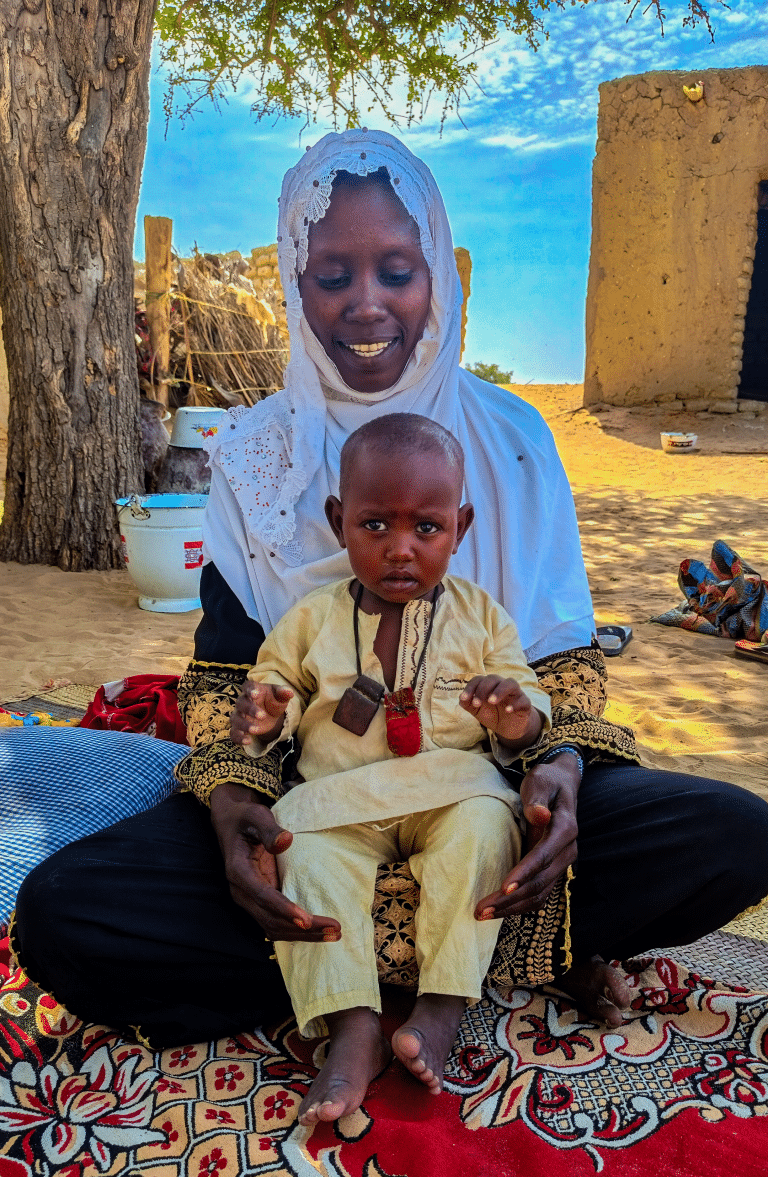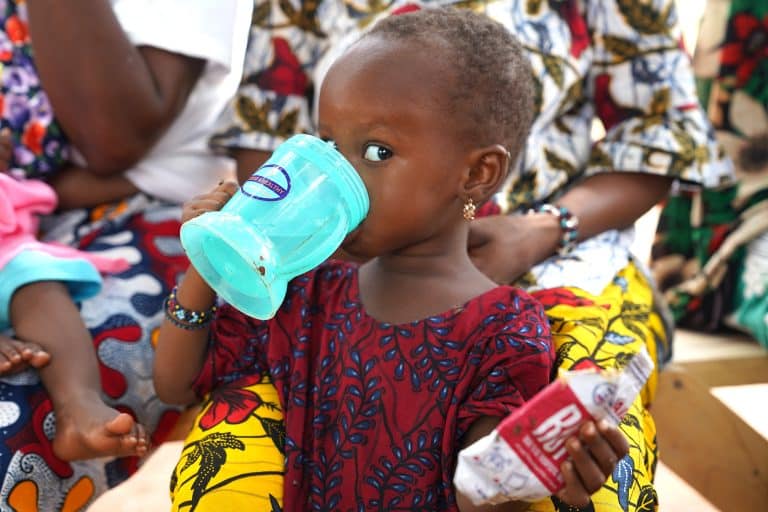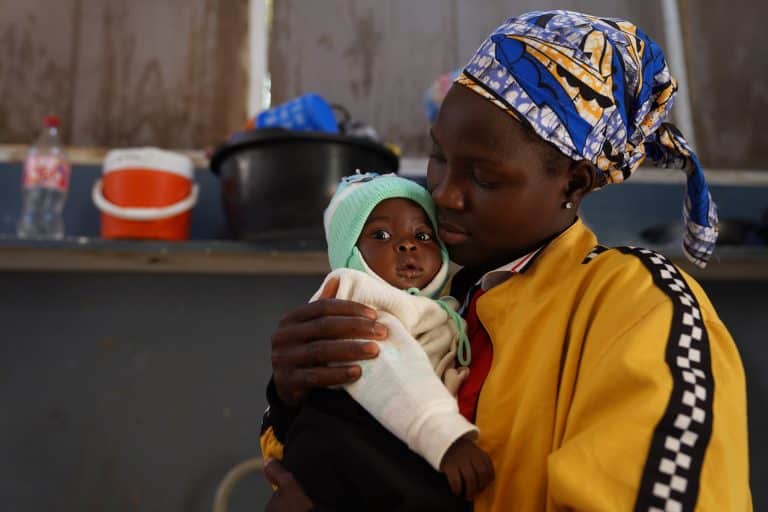
“My name is Nana Kofi Acquah. I’m from Ghana, and I’m a photographer and journalist. I fuse my journalism and advertising past into my work across Africa, with the hope to help re-position the continent through new visual imagery and discourse. I’m a member of the Instagram group @EverydayAfrica. I believe that Africa is grossly misrepresented in popular media and I hope that I can help use photography as a medium to help correct that misrepresentation.
I first traveled to Mali in 2010 and I fell in love with Mali and the Malian people. And I watched the whole degeneration, and felt that in spite of the chaos, the people are still the same wonderful people. And so, if nobody is willing to go to the North, I will have to go.
Because you can’t talk about changing the perception of Africa if you refuse to do the stories that are crucial and sensitive. Somebody has to be there to set an example to show that, yes there might be war, there might be armed groups, there might be disease and instability, but the people that it affects are still people first before their circumstances. So I had to go.
Goundam is a vast land with very few people … you see in the photos there are more sheep than people, consistently. Most people, those who can leave have left and those who can’t leave make sure that they stay indoors as much as possible. Nobody wants to risk it.
Because of the conflict, the North is so unsafe that people are not moving. If somebody’s sick, the only time they come to the hospital is when it’s at a critical point – where if you don’t move, the sickness is going to kill you. So you might as well just see if you can get medical care.
This guy was brought in, he had septic shock, he was in the last stage. If he hadn’t been brought in he definitely would would have died. He waited until he was at the verge of death to come. When he was rushed in, the team had to respond.
And as far as I saw, ALIMA and AMCP are the only organizations offering medical aid. The only ones. The only ones with a medical team, the only ones with a surgeon, an anesthetist, and very competent, qualified doctors and nurses on the ground. The only ones! So they are crucial.
ALIMA and AMCP’s team is so dependant on the goodwill of the people. That’s all they have, because they support the hospital and the people need medical care. They hope the people appreciate the support that they are there to offer them and in turn will look out for them.
Even so, on the Friday that I left Mali, the team was attacked and their vehicle was taken from their encampment. There are no guarantees, there is no special protection for them – apart from the vehicle with a white flag that tells you this is not a part of the conflict.
And now that has been taken from them.
All of them leave their families to go and work there. The surgeon, I think he has four kids, and so he leaves his four kids and his wife in Bamako and then he comes to work in Goundam.
And you know very well that your expertise would be much appreciated elsewhere, and maybe you’d be better paid elsewhere.
So all of them are doing this job because they really care.”
This project is able to help the population thanks to funding from the EU’s humanitarian aid department (ECHO) and DFID.





